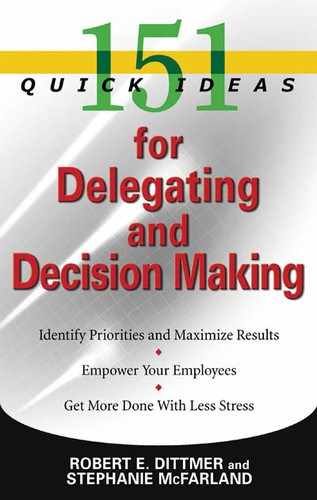43
When Culture Stands in the Way
Organizations all have a “culture.” Culture is their set of rules and behavior expectations, their processes for making things happen, and their expectations for how people will behave and how the organization behaves. These are cultural norms.
Unfortunately, sometimes this culture can be a barrier to good decision making in the same way that challenging the status quo can be. An organizational culture may dictate one set of behaviors that your decision might violate. It might suggest that boundaries between union and management are inviolate and you can’t consult with employees on a decision because they are union. It might have a rigid hierarchy of management that bars you from talking with senior managers about your decision.
These kinds of organizational culture norms can sometimes prevent you from doing a good job at decision making because they bar you from access to key information or key people.
When this happens, the best strategy is to acknowledge the cultural norm and work around it as best you can. For example, if your hierarchical organization’s norms suggest that a manager doesn’t have access to a vice president, then work through someone else to approach the vice president with the questions you need answered. If you can’t directly address some employees for any reason, find someone who can act as your surrogate. If you don’t normally have access to certain information in the organization, either ask for permission to access it and justify your need, or find someone who does have that access and recruit him or her to obtain the information for you.
